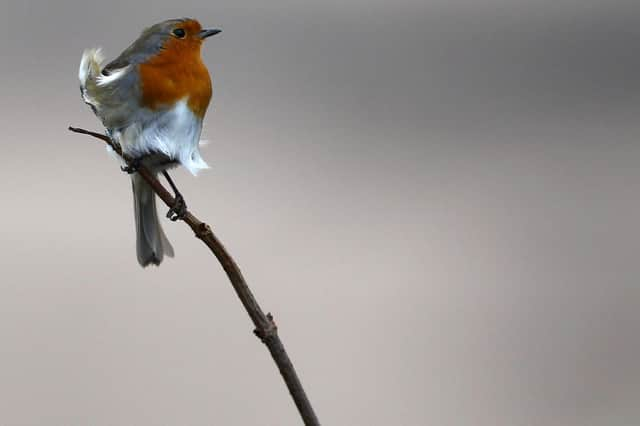Angry birds: Do robins driven to violence by traffic noise have a message for humans? – Scotsman comment


According to the website thesaurus.com, one synonym for “rural”, which it defines simply as “country, not urban”, is “idyllic”, meaning “perfect, extremely pleasant”. It seems our language may be trying to tell us something.
And it appears we may not be alone in experiencing the calming effects of a bucolic existence, and the aggravating ones of life in the big smoke. Researchers from the UK and Turkey found that male European robins in urban areas were generally more aggressive towards a model of a rival, used to provoke a response, than their country cousins. However, when traffic noise was played to the rural birds, their levels of aggression increased.
Advertisement
Hide AdAdvertisement
Hide AdOne of the academics, Dr Caglar Akcay, of Anglia Ruskin University, explained that high levels of noise may interfere with effective communication of the robins’ song, meaning a robust, physical approach is more often necessary to discourage other males from muscling in on their territory. “It should be stressed that physical aggression is a risky behaviour for small birds like robins and is likely to have health consequences.”
The Scotsman would never commit the alleged sin of anthropomorphising animals, but zoomorphism doesn’t have quite the same bad reputation. So, could it be that, just like the feisty robin, we humans are more likely to become violent when traffic noise gets in the way of calmer, quieter ways of dealing with one another?
Comments
Want to join the conversation? Please or to comment on this article.